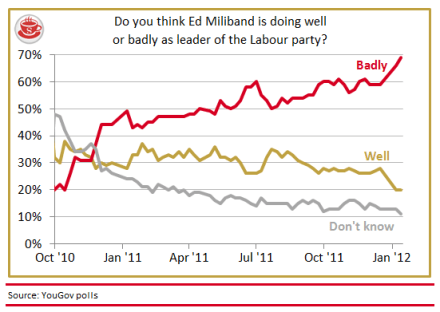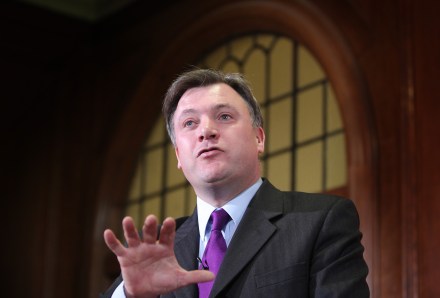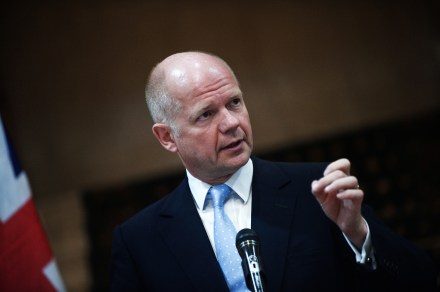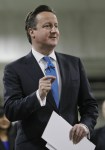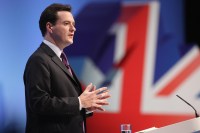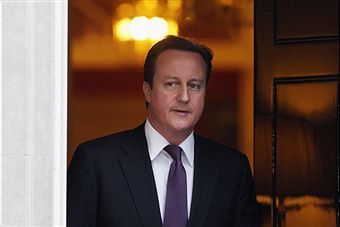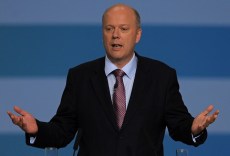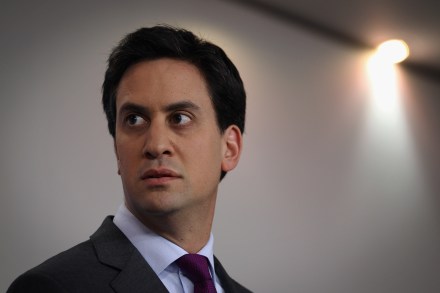Miliband beats Miliband in the polls
Ed Miliband’s poll ratings are going from bad to disastrous at the moment. Last week his YouGov approval rating dropped to its worst ever, with just 20 per cent of respondents saying he’s doing a good job, and 66 per cent saying he’s doing a bad one. And today they slip even further. Again 20 per cent say he’s doing ‘well’, but now 69 per cent say ‘badly’: And, most worryingly for the Labour leader, the number of Labour voters giving him the thumbs down (49 per cent) now outnumbers those giving him the thumps up (46 per cent). That’s compared to the 95 per cent of Tories who think
